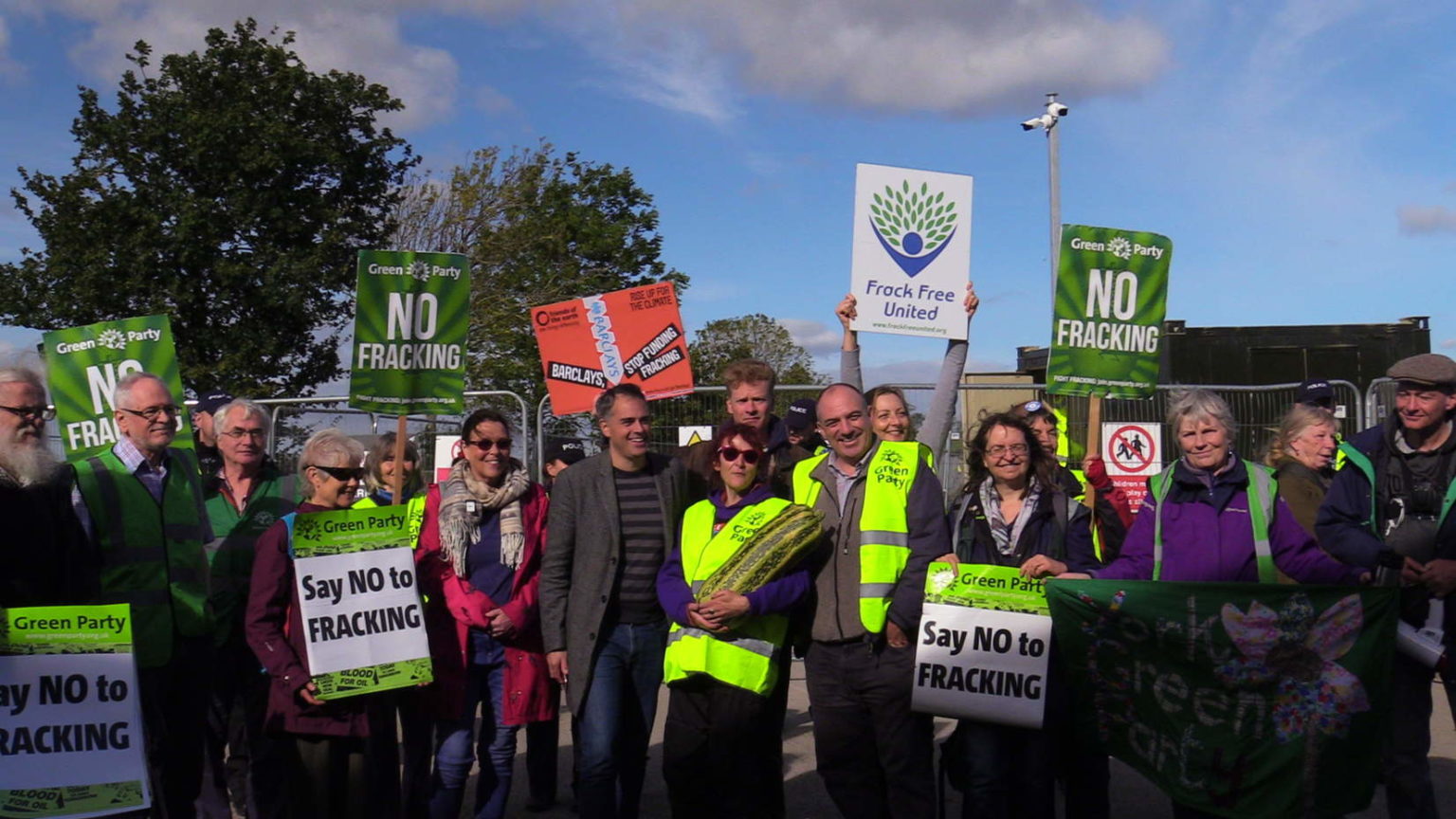This article originally appeared on Drill or Drop.
The government is delaying a decision on Third Energy’s fracking plans at Kirby Misperton in North Yorkshire until the company has filed its latest accounts.
Under the Infrastructure Act, the Business Secretary has to give the final consent before hydraulic fracturing can go ahead.
In a written statement this afternoon, Greg Clark said the company must submit its accounts for the year ending 2016 before he would announce his decision. The accounts are nearly four months overdue.
He has also added two further financial checks before giving the company the final go-ahead.
Third Energy announced on November 8 last year that it was ready to start fracking the KM8 well. The government then moved to close a loophole in the Infrastructure Act, which would have allowed the company to start fracking without final ministerial approval because it was drilled before 2016.
Since then, Third Energy has been waiting for Mr Clark’s decision.
In today’s statement, the Secretary of State says he is satisfied that Third Energy has met thirteen technical requirements, set out in section 4A of the Petroleum Act 1998 .
The statement then continues:
“I also consider that an equivalent assessment should be undertaken of the financial resilience of companies proposing to carry out hydraulic fracturing operations so that stakeholders can have confidence in the company’s ability to meet its commitments.
“I note that as of 24 January Third Energy UK Gas Limited and other related companies had yet to submit their accounts for the accounting period ending in December 2016, despite a statutory deadline of 30 September 2017 for them to do so. I have therefore asked the Oil and Gas Authority to seek further financial information from the company, including the required set of up-to-date accounts, to inform my decision.”
Mr Clark added an extra check on Third Energy before the final decision was made. The statement said:
“I have also asked the Infrastructure and Projects Authority to assess the financial resilience of the applicant, including its ability to fund decommissioning costs. Once I have received this assessment I will inform the Oil and Gas Authority whether I am satisfied with the application as required by the 1998 Act.”
At the planning meeting which approved Third Energy’s plan and at a Judicial Review, opponents argued, unsuccessfully, that Third Energy should be required to provide a financial bond to cover the costs of decommissioning the site. Instead, the planning permission included a legal agreement, which required Third Energy to pay a deposit into a fund intended to cover the cost of site restoration and aftercare.
Last month, a fund of £160,000 was agreed by North Yorkshire County Council and the company.
Mr Clark’s statement comes in the wake of the collapse of the large construction and services company, Carillion. The government was criticised for continuing to grant contracts to Carillion even after it appeared the company was in financial difficulties.
Opponents of Third Energy have criticised the company’s connection, through a director, with Carillion. Keith Cochrane, who sits on the board of Third Energy Onshore, is also the chief executive of Carillion. The government has ordered an investigation into the Carillion directors.
Last week, the energy minister, Lord Henley, told the former Thirsk and Malton MP, Baroness McIntosh, that a key criteria for awarding oil and gas licences was a company’s competence and its financial viability and capacity.
Image Credit: Flickr/Public Domain Mark 1.0
Subscribe to our newsletter
Stay up to date with DeSmog news and alerts







